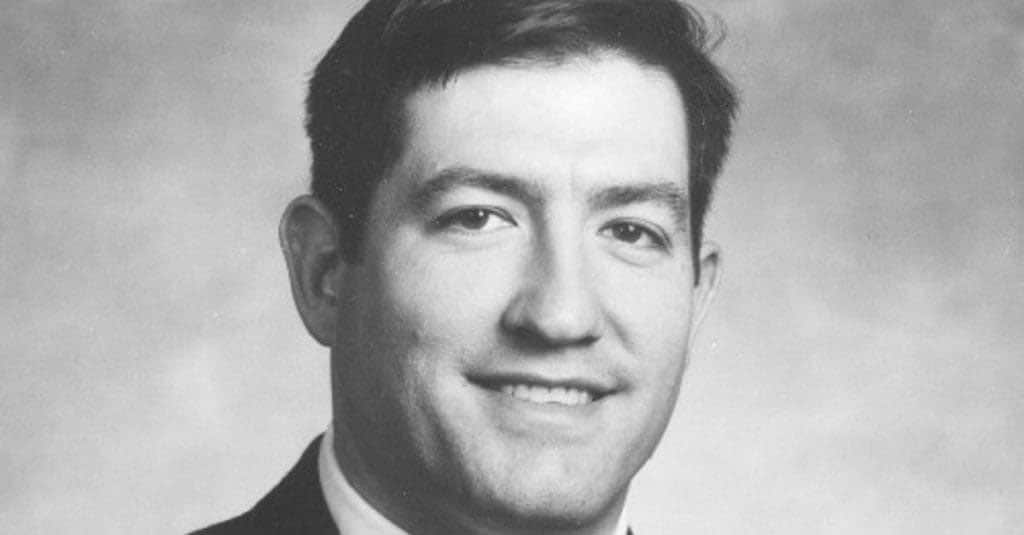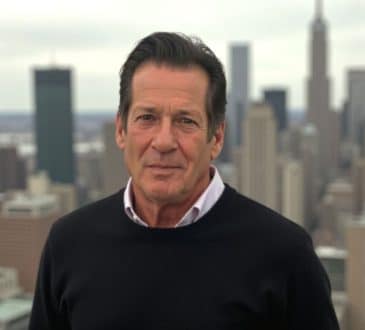Interview with Francis Pommett: A Deep Dive into His Legal Journey and Philosophy

Francis A. Pommett III is a highly respected attorney with over 20 years of experience serving the Baltimore community. A graduate of Perry Hall High School, he earned his Juris Doctor from the University of Baltimore School of Law in 1996 and later advanced his education with a Master of Laws (LL.M.) in International and Comparative Law from Georgetown University Law Center in 2001. Francis began his legal career at the U.S. Department of Justice in the Solicitor General’s Office, where he gained valuable insights into complex legal processes, before establishing his private practice.
As the principal of the Law Offices of Francis A. Pommett, III, LLC, he focuses on a wide range of legal matters, including criminal defense, personal injury, bankruptcy, and general civil cases. Known for his empathy and ethical integrity, Francis takes a client-centered approach, ensuring every individual he represents feels heard and supported.
Beyond his legal career, Francis is deeply committed to his community, actively supporting youth programs, 4-H initiatives, and St. Ursula Catholic Church. In his free time, he enjoys skiing, wrestling, farming, and spending quality time with his family. Dedicated to both his profession and his community, Francis continues to make a positive impact through his work and service.
What initially drew you to the legal profession?
Growing up, I was fascinated by the idea of fairness and justice. My parents instilled a strong sense of right and wrong in me, and I saw the law as a way to ensure those principles were upheld. But what solidified my interest was a debate club in high school. I realized that understanding and articulating arguments could influence real change. That realization never left me. I decided to pursue law because I wanted to be a problem solver, someone who could navigate complex issues and make a tangible difference in people’s lives.
What’s the most challenging case you’ve ever worked on, and how did you handle it?
One of the most challenging cases I handled involved a family business dispute. It wasn’t just about the legal intricacies—it was the emotions and relationships at stake. Generations of family ties were intertwined with the business, and the case had the potential to fracture those bonds irreparably. To handle it, I spent a lot of time not just on the legal arguments but also on understanding the interpersonal dynamics. I brought in mediators, encouraged open dialogue, and worked to find a solution that preserved both the business and the relationships. It taught me that law isn’t just about winning—it’s about achieving outcomes that people can live with.
How do you stay motivated in such a demanding profession?
I stay motivated by focusing on the human element of the work. Every case represents a person or a family counting on me to navigate a difficult situation. That responsibility drives me. I also make it a point to step back and reflect on the positive impact I’ve had. Whether it’s a client thanking me for guiding them through a tough time or seeing a resolution that truly helps someone, those moments are incredibly fulfilling. Outside of work, I stay motivated by engaging in activities that refresh my mind, like skiing or spending time with family.
How do you manage stress when the stakes are high?
Stress is an inevitable part of practicing law, especially when you’re dealing with high-stakes cases. I manage it by breaking down problems into smaller, manageable parts. When a case feels overwhelming, I focus on what can be done step by step. Meditation and exercise also play a big role in keeping me grounded. I’ve found that starting the day with a clear mind makes a world of difference. And honestly, having a great support system—family, friends, and colleagues—helps tremendously. Talking things out and seeking advice is something I’ve learned to value.
What do you believe sets your approach apart from other attorneys?
I think my approach stands out because I don’t see clients as just cases. I see them as people with unique stories, struggles, and goals. I take the time to understand not only the legal aspect of their situation but also the emotional and personal dimensions. This allows me to tailor my strategies in a way that aligns with their broader needs. I also emphasize communication—I ensure clients understand every step of the process and feel empowered to make informed decisions.
If you could change one thing about the legal system, what would it be?
If I could change one thing, it would be accessibility. The legal system is complex and can feel out of reach for many people, especially those without financial resources. I’d like to see more initiatives that provide affordable legal services and better education about people’s rights. A fair legal system should be accessible to everyone, not just those who can afford it.
What role does mentorship play in your career?
Mentorship has been a cornerstone of my career, both as a mentee and a mentor. Early on, I had the privilege of learning from seasoned attorneys who taught me not just the technicalities of the law but also the importance of ethics and empathy. Now, I try to pay that forward by mentoring young lawyers. I encourage them to focus on building trust and maintaining integrity. Law can be a challenging profession, and having someone to guide you through the nuances can make a huge difference.
How do you measure success in your career?
For me, success isn’t just about winning cases. It’s about the relationships I build and the positive impact I have on my clients’ lives. If a client walks away feeling heard, supported, and satisfied with the outcome, that’s success. I also measure it by the respect I earn from colleagues and peers. Maintaining a reputation for integrity and professionalism is incredibly important to me.
What advice would you give to someone considering a career in law?
My advice would be to enter the field with a clear sense of purpose. Law is demanding, and without a strong reason for pursuing it, it’s easy to get burned out. I’d also advise aspiring lawyers to focus on developing strong communication skills and empathy. Knowing the law is one thing, but connecting with people is what makes you a great attorney. And finally, never stop learning. The law evolves, and so should you.
What legacy do you hope to leave behind?
I hope to leave a legacy of trust, integrity, and meaningful impact. I want to be remembered as someone who cared deeply for his clients and his community, someone who balanced professionalism with compassion. If I’ve inspired even one person—whether it’s a client, colleague, or mentee—to approach the legal profession with the same dedication and empathy, I’ll consider that a success. Ultimately, I hope my work contributes to making the legal field a little more human.
Have you read?
Largest Economies in the World by GDP (nominal).
Safest Countries in the World.
Most Productive Countries in the World.
Most peaceful countries in the world.
Most influential financial centers in the world.
Bring the best of the CEOWORLD magazine's global journalism to audiences in the United States and around the world. - Add CEOWORLD magazine to your Google News feed.
Follow CEOWORLD magazine headlines on: Google News, LinkedIn, Twitter, and Facebook.
Copyright 2025 The CEOWORLD magazine. All rights reserved. This material (and any extract from it) must not be copied, redistributed or placed on any website, without CEOWORLD magazine' prior written consent. For media queries, please contact: info@ceoworld.biz








